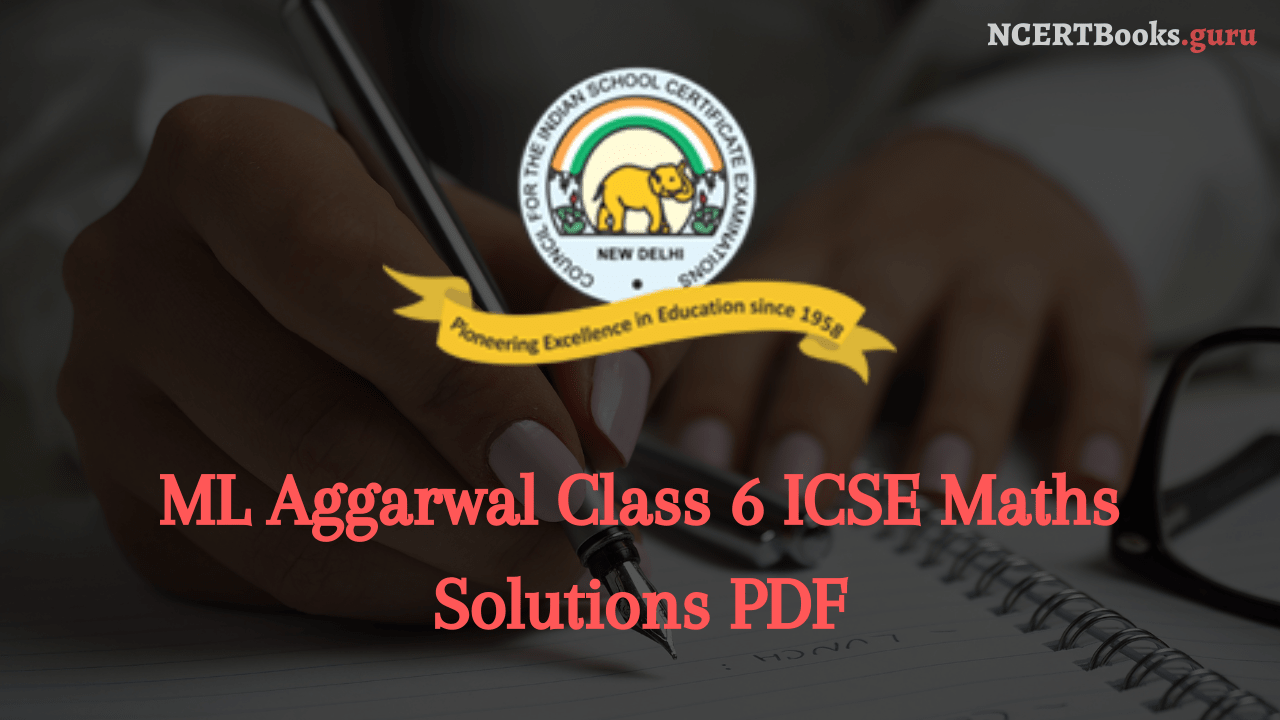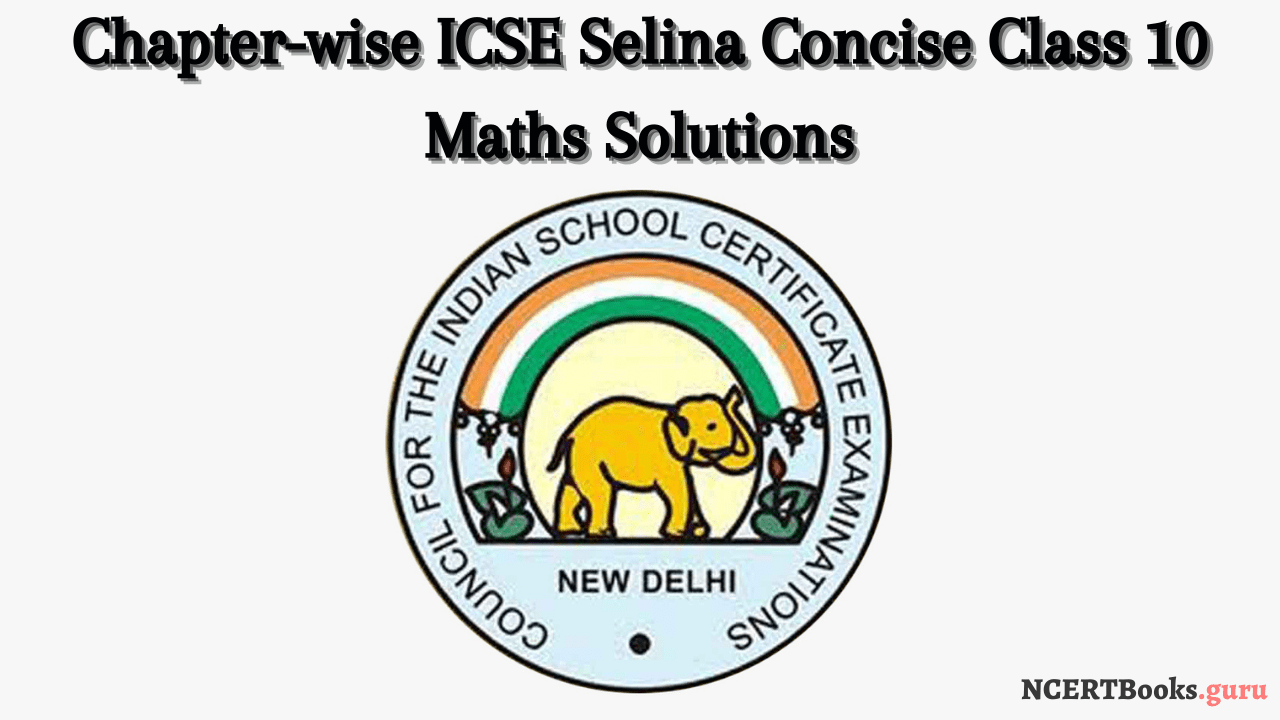Total English Class 10 Solutions 2024-25, Total English Class 10 ICSE Answers 2024-2025, Total English Morning Star Solutions Class 10 Pdf Free Download, Total English Morning Star Class 10 ICSE Solutions 2024 Pdf.
Total English Morning Star Solutions Class 10 Pdf Free Download
Total English Class 10 Solutions
Total English Class 10 Solutions Chapter 1
Total English Class 10 Solutions Chapter 2
- A. Subject Verb Agreement
- B. Gathering The Subject Matter
- D. Total English Class 10 Test Paper 2 Answers
Total English Class 10 Solutions Chapter 3
- A. Tenses and Their Uses (2)
- B. Organisation and Planning
- D. Total English Class 10 Test Paper 3 Answers
Total English Class 10 Solutions Chapter 4
- A. Active and Passive Voice
- B. Beginning and Ending
- C. Format of A Personal Letter
- D. Total English Class 10 Test Paper 4 Answers
Total English Class 10 Solutions Chapter 5
- A. Conditional Sentences
- B. Paragraph Writing
- C. Comprehension Skills
- D. Total English Class 10 Test Paper 5 Answers
Total English Class 10 Solutions Chapter 6
Total English Class 10 Solutions Chapter 7
Total English Class 10 Solutions Chapter 8
Total English Class 10 Solutions Chapter 9
- A. Transformation of Sentences (1)
- B. Descriptive Composition
- D. Total English Class 10 Test Paper 9 Answers
Total English Class 10 Solutions Chapter 10
- A. Transformation of Sentences (2)
- B. Argumentative Composition
- D. Total English Class 10 Test Paper 10 Answers
Total English Class 10 Solutions Chapter 11
Total English Class 10 Solutions Chapter 12
- A. Adjectives
- D. Total English Class 10 Test Paper 12 Answers
Total English Class 10 Solutions Chapter 13
- A. Comparison of Adjectives
- B. Stories
- C. Precision in Summary Writing
- D. Total English Class 10 Test Paper 13 Answers
Total English Class 10 Solutions Chapter 14
- A. Articles
- B. Characters
- C. Sample Letter
- D. Total English Class 10 Test Paper 14 Answers
Total English Class 10 Solutions Chapter 15
- A. Adverbs
- C. Selective Summary
- D. Total English Class 10 Test Paper 15 Answers
Total English Class 10 ICSE Solutions Specimen Paper

